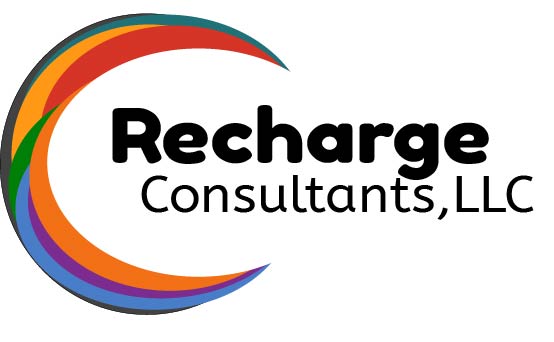A Performance Improvement Plan (PIP) is a structured and formal process used by employers to help struggling employees improve their performance in their current role. PIPs are typically implemented when an employee’s performance falls below acceptable standards or expectations.
Here’s an overview of how a typical Performance Improvement Plan works:
- Identification of Performance Issues: The employer identifies specific areas where the employee’s performance is lacking or below expectations. This could include metrics such as quality of work, productivity, interpersonal skills, or meeting deadlines.
- Documentation: The employer documents the performance issues, including specific examples of where the employee’s performance has fallen short. This documentation is crucial for providing evidence of the need for improvement and for tracking progress throughout the PIP process.
- Setting Clear Goals and Expectations: The employer and employee work together to establish clear, measurable goals and expectations for improvement. These goals should be specific, achievable, and relevant to the employee’s role and responsibilities.
- Timeline: A timeline is established for the duration of the Performance Improvement Plan, typically ranging from 30 to 90 days, although this can vary depending on the employer’s policies and the severity of the performance issues.
- Support and Resources: The employer may provide additional support, resources, or training to help the employee improve their performance. This could include additional training sessions, mentoring, coaching, or access to resources such as software tools or educational materials.
- Regular Feedback and Monitoring: Throughout the PIP period, the employee receives regular feedback and monitoring from their supervisor or manager. This feedback may be informal check-ins or more formal progress meetings, depending on the organization’s policies.
- Consequences: The Performance Improvement Plan should outline the consequences if the employee fails to meet the established goals and expectations within the specified timeframe. This could range from additional coaching and support to more serious consequences such as demotion or termination of employment.
- Final Evaluation: At the end of the Performance Improvement Plan period, the employee’s performance is evaluated against the established goals and expectations. If the employee has successfully met the objectives of the PIP, they may continue in their role with ongoing support and monitoring. If the employee has not demonstrated sufficient improvement, further action may be taken, up to and including termination of employment.
Overall, Performance Improvement Plans are designed to allow employees to address performance issues and improve their skills and capabilities while also giving employers a structured process for managing underperformance in the workplace.

